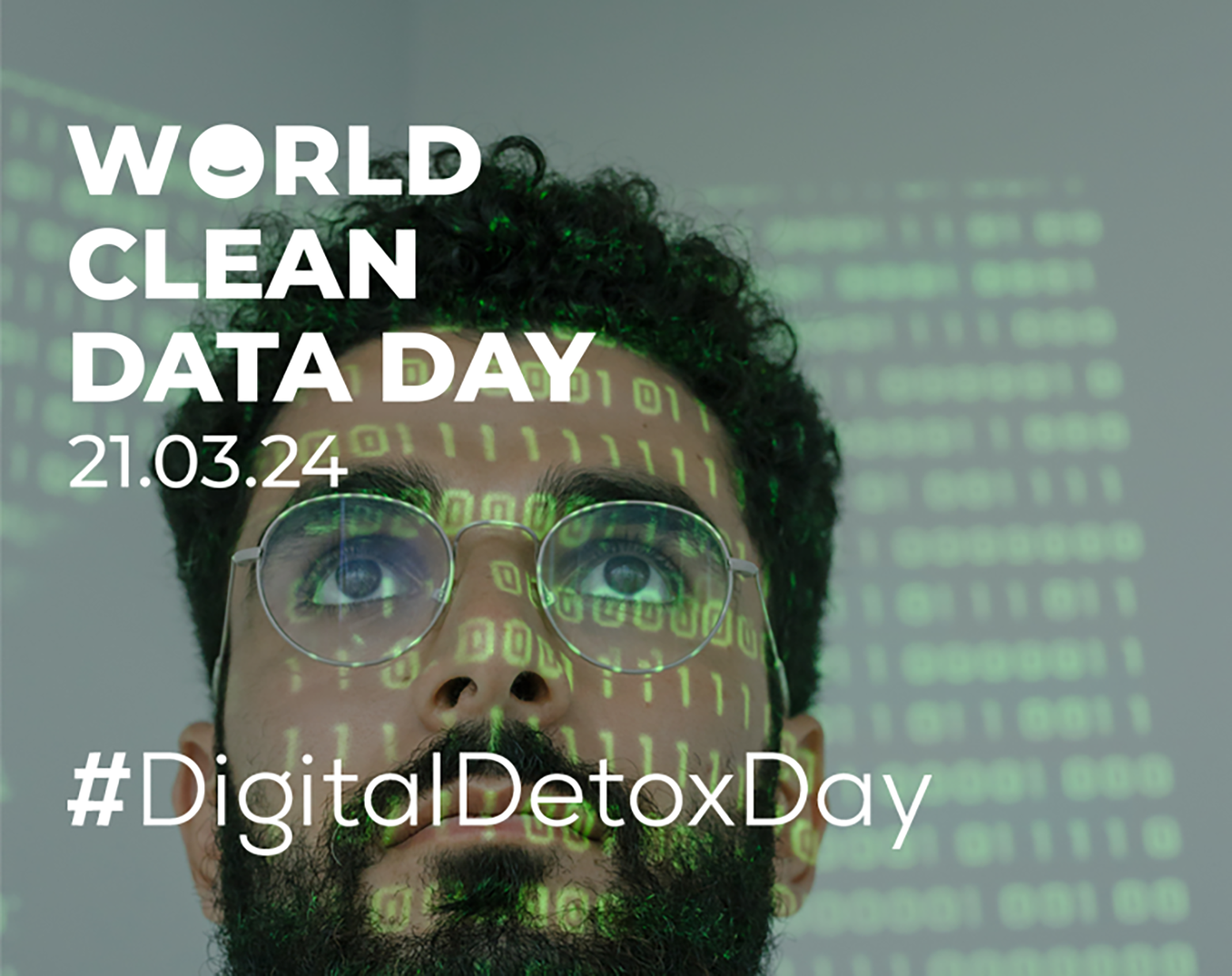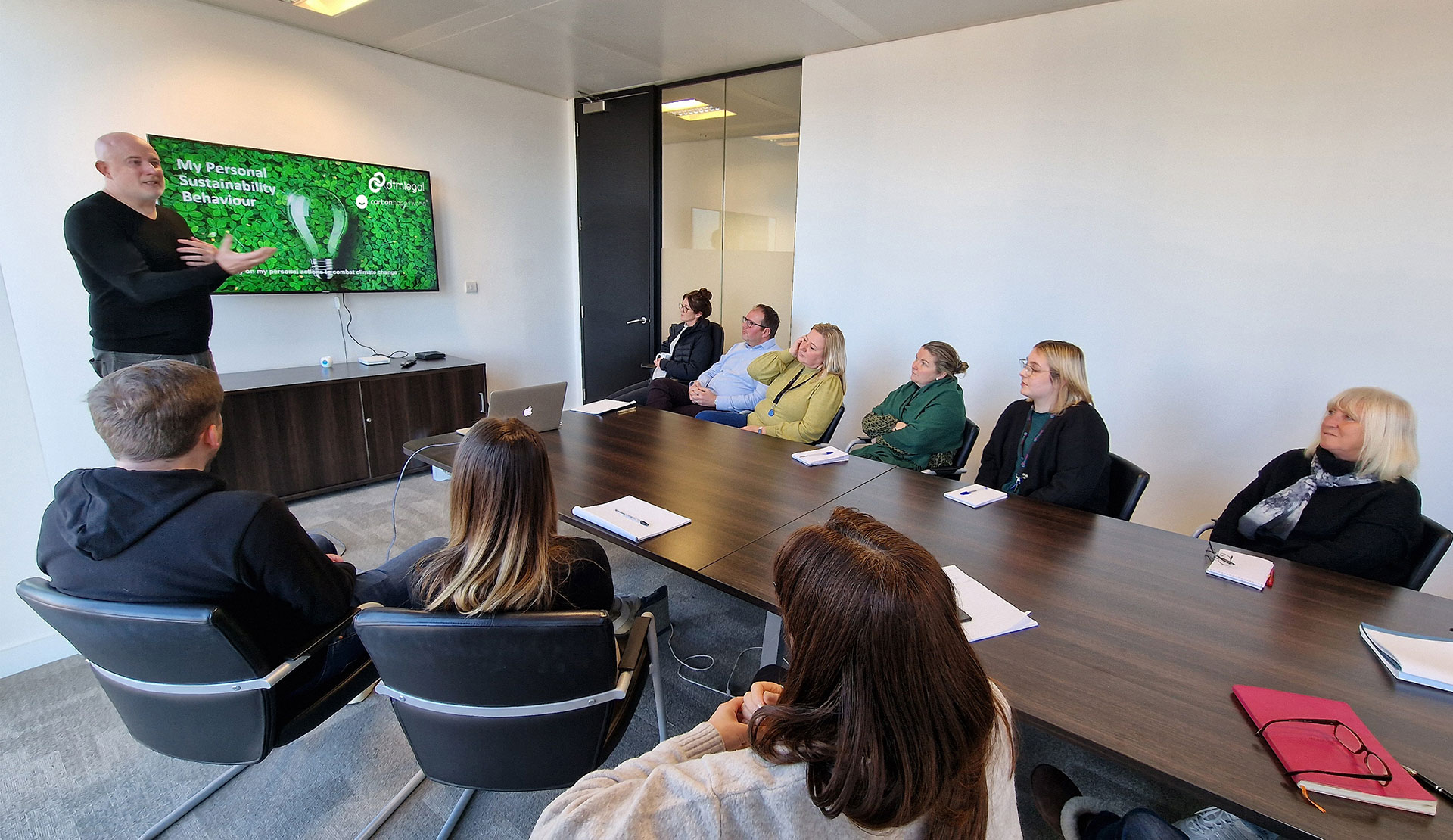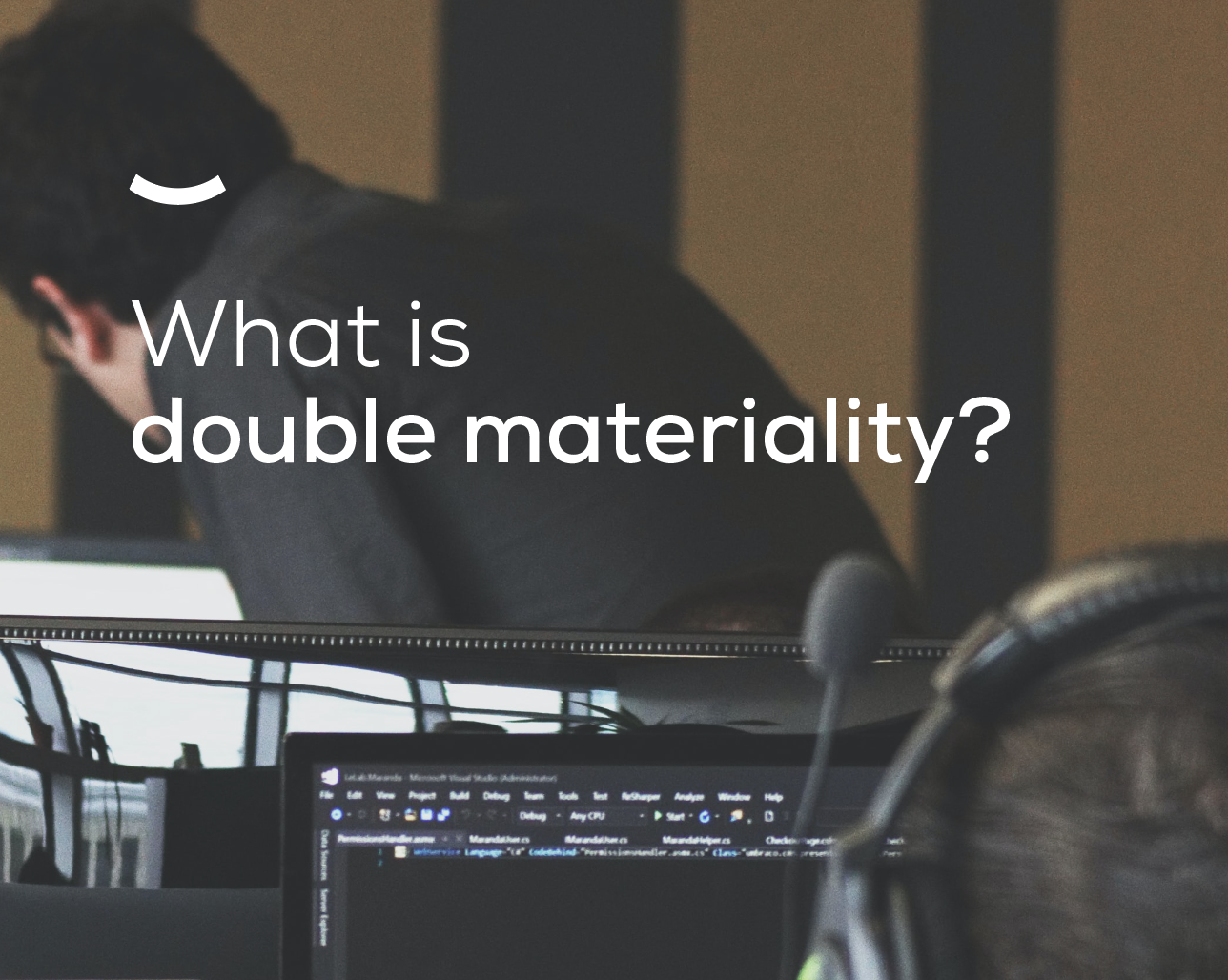Scope 1 (direct emissions) emissions are those from activities owned or controlled by your organisation. Examples of Scope 1 emissions include emissions from combustion in owned or controlled boilers, furnaces and vehicles; and emissions from chemical production in owned or controlled process equipment.
Scope 2 (energy indirect) emissions are those released into the atmosphere that are associated with your consumption of purchased electricity, heat, steam and cooling. These indirect emissions are a consequence of your organisation’s energy use, but occur at sources you do not own or control.
Scope 3 (other indirect) emissions are a consequence of your actions that occur at sources you do not own or control and are not classed as Scope 2 emissions. Examples of Scope 3 emissions are business travel by means not owned or controlled by your organisation, waste disposal, materials or fuels your organisation purchases. Deciding if emissions from a vehicle, office or factory that you use are Scope 1 or Scope 3 may depend on how you define your operational boundaries. Scope 3 emissions can be from activities that are upstream or downstream of your organisation.
More From The Blog

- World Clean Data Day 2024

- DTM Legal Partners with Carbon Happy World to Strengthen ESG Commitment in Liverpool City Region

- Embracing Sustainability: Your Pathway to Procurement Success

- What does the future of ESG Reporting look like?

- Carbon Happy World tell you what double materiality and ESG reporting is.
